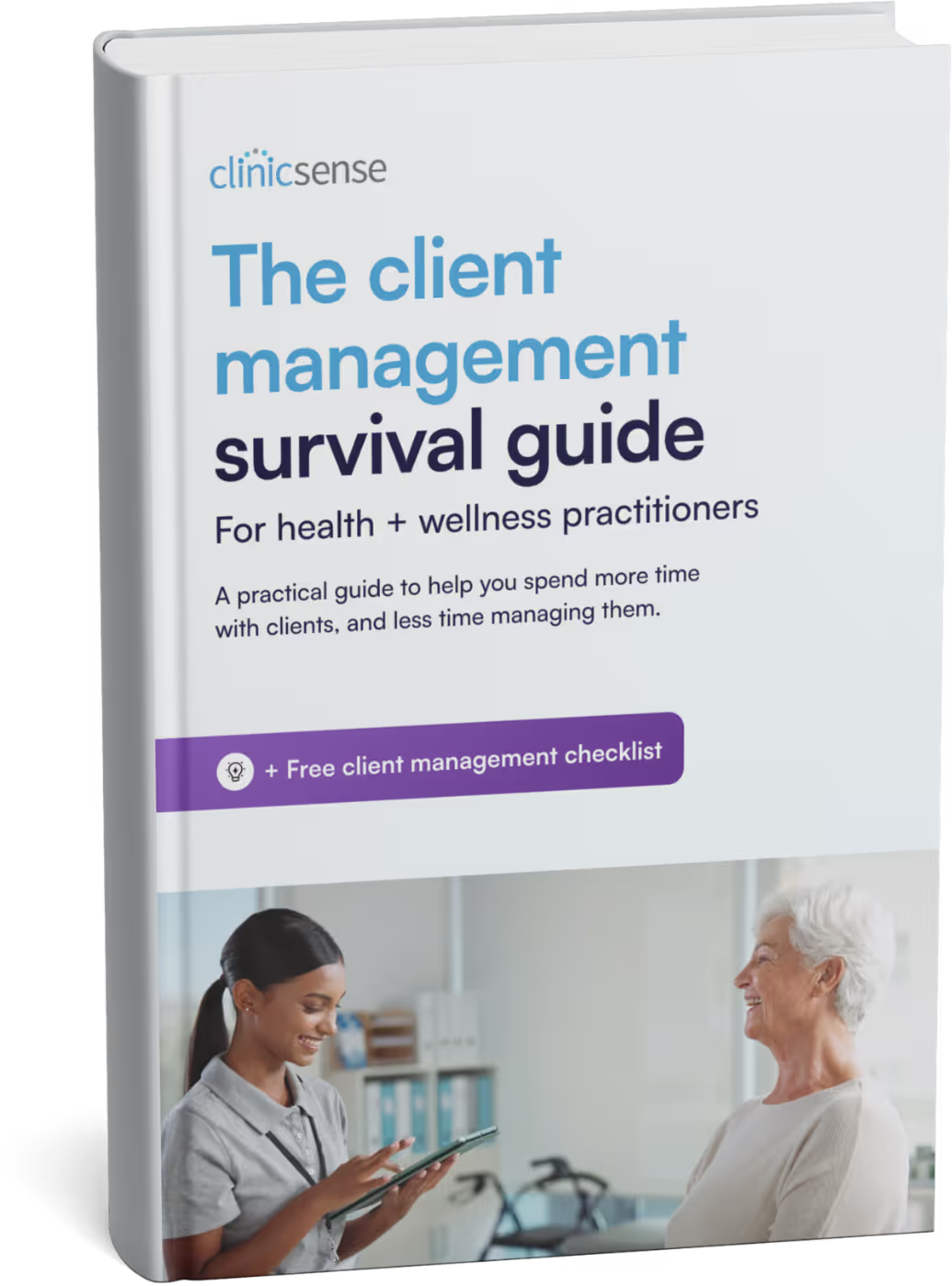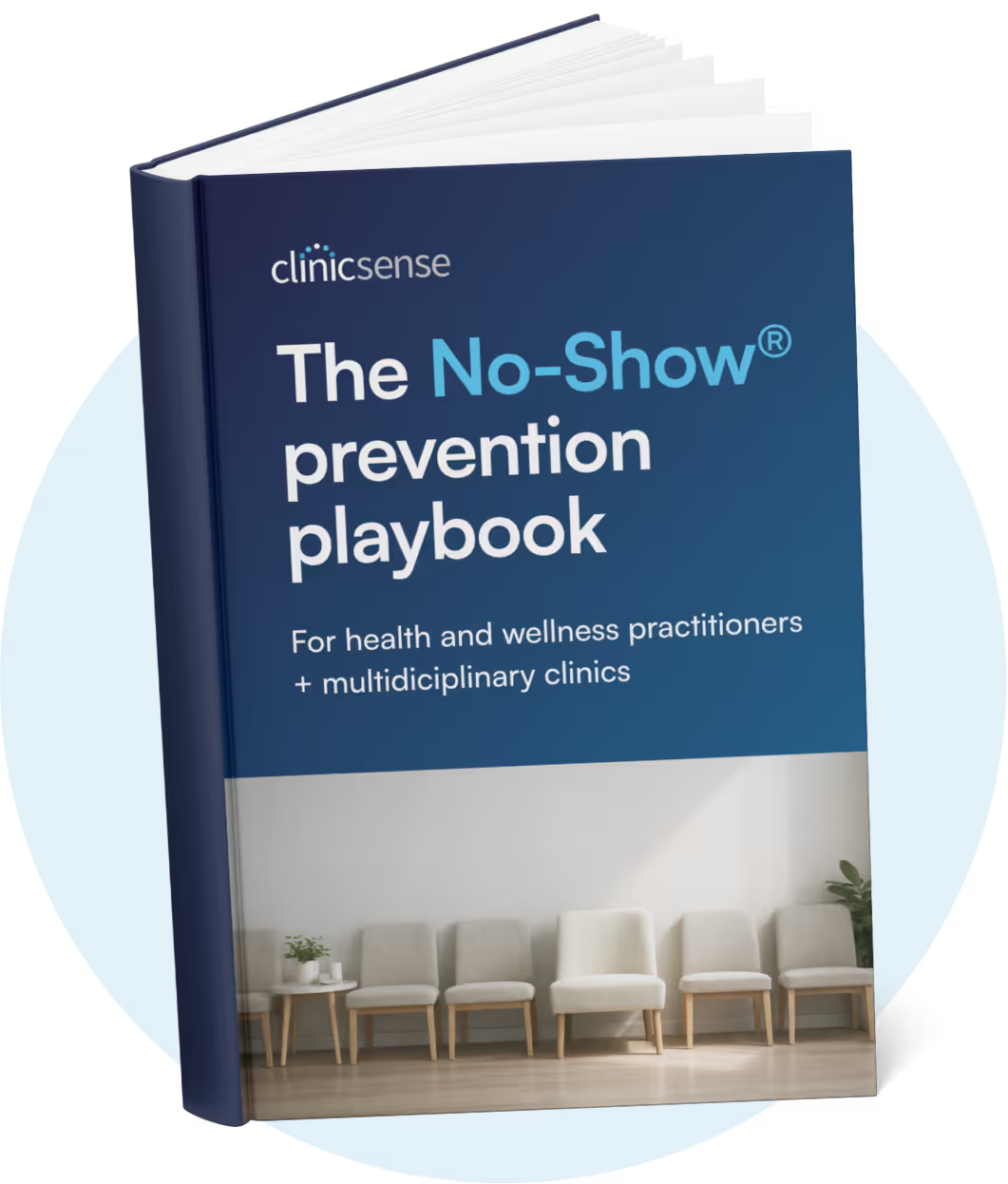Advice From Industry Experts
February 15, 2024

At our recent Lunch & Learn, we were thrilled to have Julie Campbell, a former massage therapist and business owner turned digital marketer and coach, share her expertise on building a successful massage business. Julie's unique blend of experience and passion for helping therapists thrive without financial worry or burnout made for an engaging and insightful presentation.
Her practical take on financial planning and management cut through the complexity, offering clear strategies on pricing, sustainability, and forecasting for a fulfilling career. Julie's session went beyond mere numbers, inspiring therapists to confidently manage their business finances for long-term success.
Understanding your numbers doesn't have to be difficult.
✅ When to raise your prices and how to feel confident doing so
✅ How to set yourself up financially to avoid burnout
✅ A step-by-step walk-through of a financial forecast that will ensure career longevity
Cultivating a business mindset is key for massage therapists looking to take their practice to the next level. Julie highlighted a big gap in massage therapy education: the lack of business training. It's clear that knowing how to give a great massage isn't enough if you want to run a successful business. Developing business skills is crucial for handling the day-to-day challenges that come with being your own boss.
Julie also touched on something many therapists feel deeply: the drive to help others often comes before making money. But here's the thing—seeing your practice as a business doesn't mean you care any less about helping people. In fact, it's just the opposite. When you value your services and set your prices to reflect that, you're setting yourself up for long-term success. This not only keeps you financially healthy but also puts you in a better position to give back to those who might not afford your services otherwise.
And it's not just about setting prices. Taking a page from the CEO playbook, skills like leadership, financial smarts, and strategic planning are super important. These skills help you not just to survive but to thrive, making sure your business is around for the long haul. This way, you can keep doing what you love—helping people with your healing touch—while also building a fulfilling and prosperous career for yourself.

Diving deeper into the essence of running a successful massage business, Julie emphasized the critical importance of knowing your numbers. This isn't just about glancing at your bank statements now and then; it’s about truly getting down to the nitty-gritty of your finances, understanding the ebb and flow of your business on a granular level.
Julie stressed the importance of regular budgeting and keeping a close eye on your business's financial health. It's like having a weekly date with your numbers, ensuring you know exactly where you stand at all times.
To support this, many clinics are incorporating digital signage to display schedules, pricing updates, or reminders—making operations smoother and more transparent for both staff and clients.
“Have your finger on the pulse of your numbers,” is something Julie learned in an SBA business class.
Tracking everything—expenses, earnings, client numbers—allows you to recognize trends and patterns, giving you the power to forecast your business's future. Whether it's anticipating a 10% growth per month through aggressive marketing or expecting a steady increase of new clients as you establish your presence, understanding your numbers lets you set realistic expectations and goals.
Julie's message was clear: Embrace the repetition of tracking and budgeting. It's through this consistent effort that you'll master the financial aspect of your business, paving the way for sustained growth and success.
Julie really got to the heart of the matter when she discussed pricing strategies for massage therapists. She highlighted a troubling trend where many therapists undercharge for their services, which can lead to financial hardship. Julie’s stance is clear: to genuinely support your clients, you need to ensure your own financial health first.
She advised against the common practice of setting prices based on local competition. Instead, Julie encouraged therapists to calculate what they need to earn to lead a fulfilling life and set their prices accordingly. She emphasized that with effective marketing, any price point is justifiable. Charging more than the average, she argued, is sometimes necessary to prevent burnout and ensure you're compensated fairly for your expertise.n
Financial forecasting was presented as an essential practice by Julie. She urged therapists to take a thorough look at their financial requirements—factoring in savings, taxes, and operational expenses—and to use this analysis to inform their pricing strategy.
Addressing the fear many therapists have, Julie shared her experiences of helping massage therapists increase their rates by $30-$50, noting that such adjustments rarely result in losing clients. On the contrary, any lost clients are quickly replaced by new ones who value the service and can afford the higher rates. How to increase your prices without losing clients is a challenge many therapists face, and Julie emphasized that overcoming this fear also helps to dispel imposter syndrome, which she identified as a significant barrier for many in the profession.
“Fill your practice with people who can afford the rates that you need to build a fulfilling business and support your ideal lifestyle,” Julie advised.

Julie recommended annual price increases to keep pace with the cost of living, thereby avoiding the need for drastic hikes. Give clients a 30 day notice of the upcoming price increase. You can do this through email, office signage, and social media.
Julie demystified the concept of financial forecasting for massage therapists, turning what might seem like a daunting task into a manageable, even empowering, part of running a massage business. At its core, financial forecasting is about taking a good, hard look at your numbers to understand where your business stands—and more importantly, where it can go.
Julie broke it down into a simple equation involving your pricing, the number of appointments you book, and how you manage your expenses (including what you pay yourself). It’s all a balancing act, and the beauty of it is that you have the power to adjust these variables to work in your favor.
The essence of what Julie shared is that financial forecasting isn't about being a math whiz; it's about understanding the levers you can pull to influence your business's financial health. Whether it's tweaking your service prices, aiming to fill more appointment slots, or cutting unnecessary costs, each decision plays a critical role in shaping your financial future.
If numbers aren’t your thing, don’t worry. Julie has a solution: a free Financial Toolkit for Massage Therapists. This resource is designed to help you navigate the complexities of financial planning without getting bogged down in calculations, making it easier to focus on what changes you can make for the better.
In essence, Julie’s approach to financial forecasting is about empowering massage therapists with the knowledge and tools they need to take control of their business finances. By understanding the fundamental math behind your operations, you can make informed decisions that lead to a more profitable and sustainable practice.
ClinicSense is essential for massage therapists looking to get a handle on their business finances. Its reporting features offer key insights into sales and client retention, showing you what works and who your most loyal clients are. This is crucial for shaping your business strategy.
With ClinicSense, staying in touch with clients and boosting bookings becomes effortless, thanks to its top-notch communication tools. Plus, its treatment package options encourage clients to commit to their wellness goals, securing future appointments and fostering long-term relationships.
In short, ClinicSense provides the support and financial tools for massage therapists to help you manage your finances more effectively, freeing up your time to focus on what you do best: caring for your clients.


.avif)











For 14 days